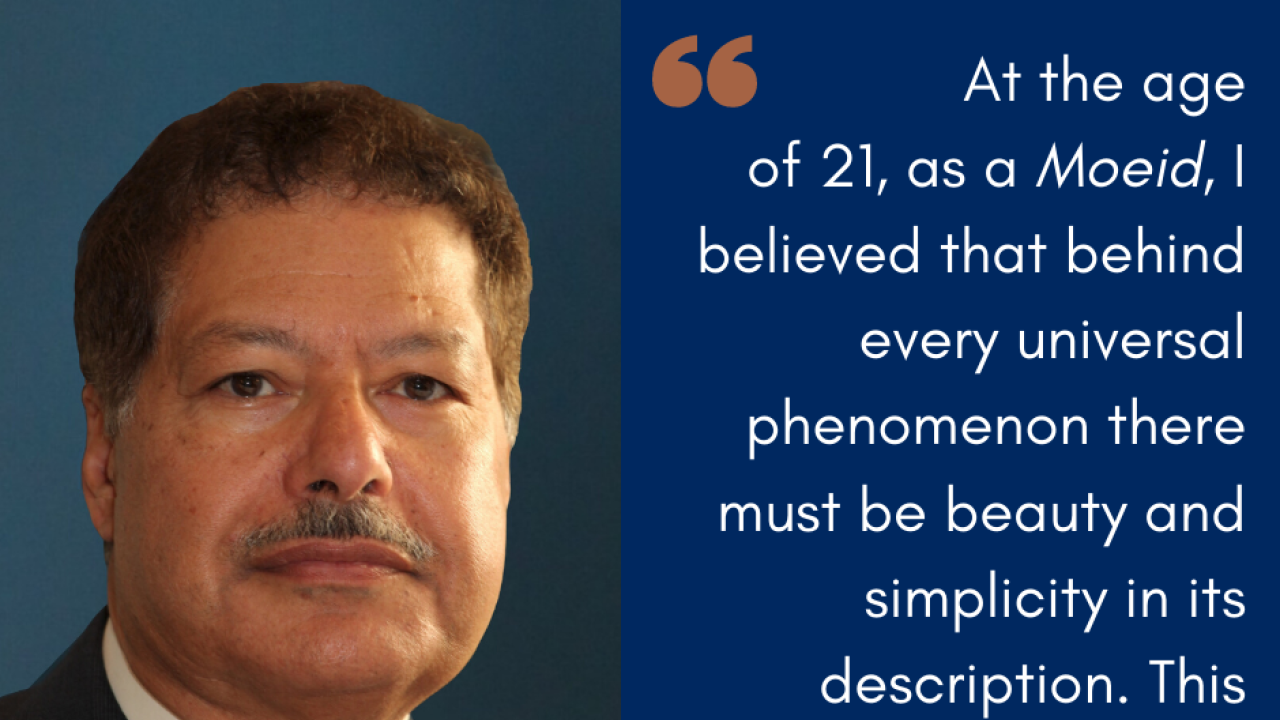
Why be a scientist? Nearly every scientist has a different answer and a different inspiration, drawn from varied careers, outlooks, and experiences. For its 40th anniversary in 2004, ICTP published the book One Hundred Reasons to be a Scientist, a collection of 100 essays from many eminent physicists and mathematicians with a connection to ICTP. The book is a source of many insights from the lives and careers of scientists, including Mildred Dresselhaus, Freeman Dyson, Vera Rubin, and Francis K.A. Allotey. The authors discuss what led them to study science, the difficulties they encountered and overcame, and their passions and hopes for the future.
We are revisiting twenty of these stories highlighting one of them every week, sharing inspirations from the essays and showcasing the words of these great scientists. During the uncertainty of the current global pandemic, the words will hopefully help researchers feel less alone in their scientific path.
We are presenting this week the story of Ahmed H. Zewail, the first Egyptian to win a Nobel Prize in a scientific field: he was awarded the 1999 Nobel Prize in Chemistry for his work on femtochemistry. He was the Linus Pauling Chair Professor of Chemistry, Professor of Physics, and the director of the Physical Biology Center for Ultrafast Science and Technology at the California Institute of Technology (Caltech).
He founded the Zewail City of Science and Technology, a university for science and research outside of Cairo, which became an ICTP Affiliated Centre, receiving support for research projects and graduate education.
In his essay, Zewail reflects on his life’s journey from his birth in a city on the banks of the Nile to attaining the highest honours for science, both in his home country of Egypt and internationally. You can read it here.
If you want to learn more about Ahmed Zewail, here you can watch his Nobel Lecture on “Femtochemistry: Atomic-Scale Dynamics of the Chemical Bond Using Ultrafast Lasers”. Here you can also watch Zewail’s plenary talk at UNESCO headquarters in Paris on 19 January 2015, during the International Year of Light opening ceremony, with the title "Light and Life".
Finally, if you are interested in learning about 99 more scientists and what inspired them, you can find the whole book in electronic format for free download on ICTP’s Marie Curie Library website, in English, Italian and Urdu.
Previous stories:













